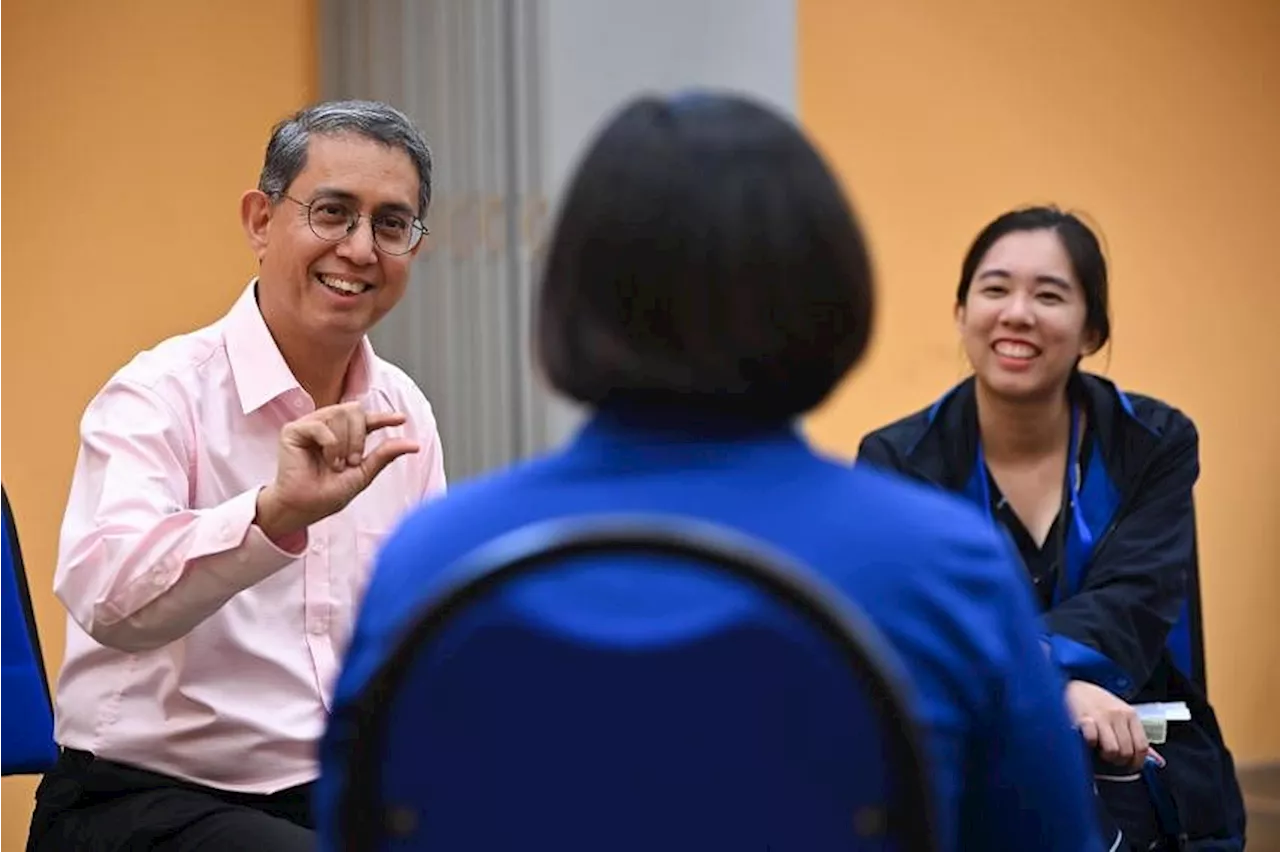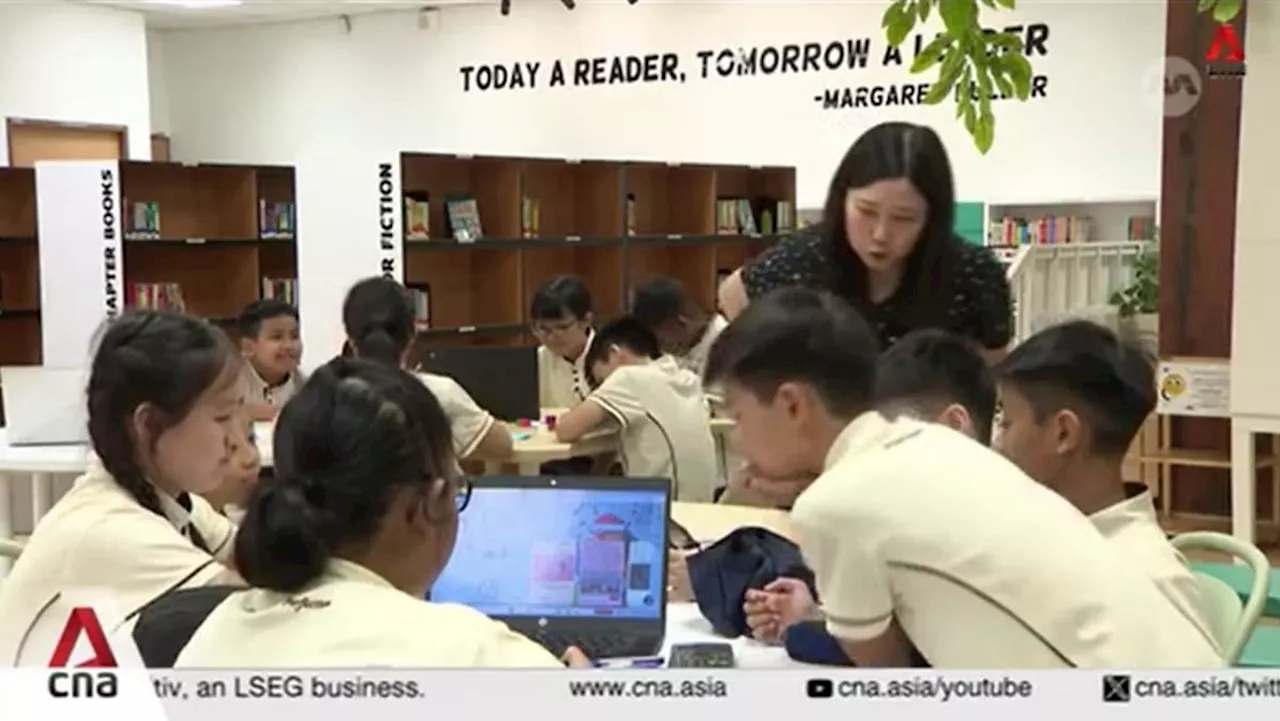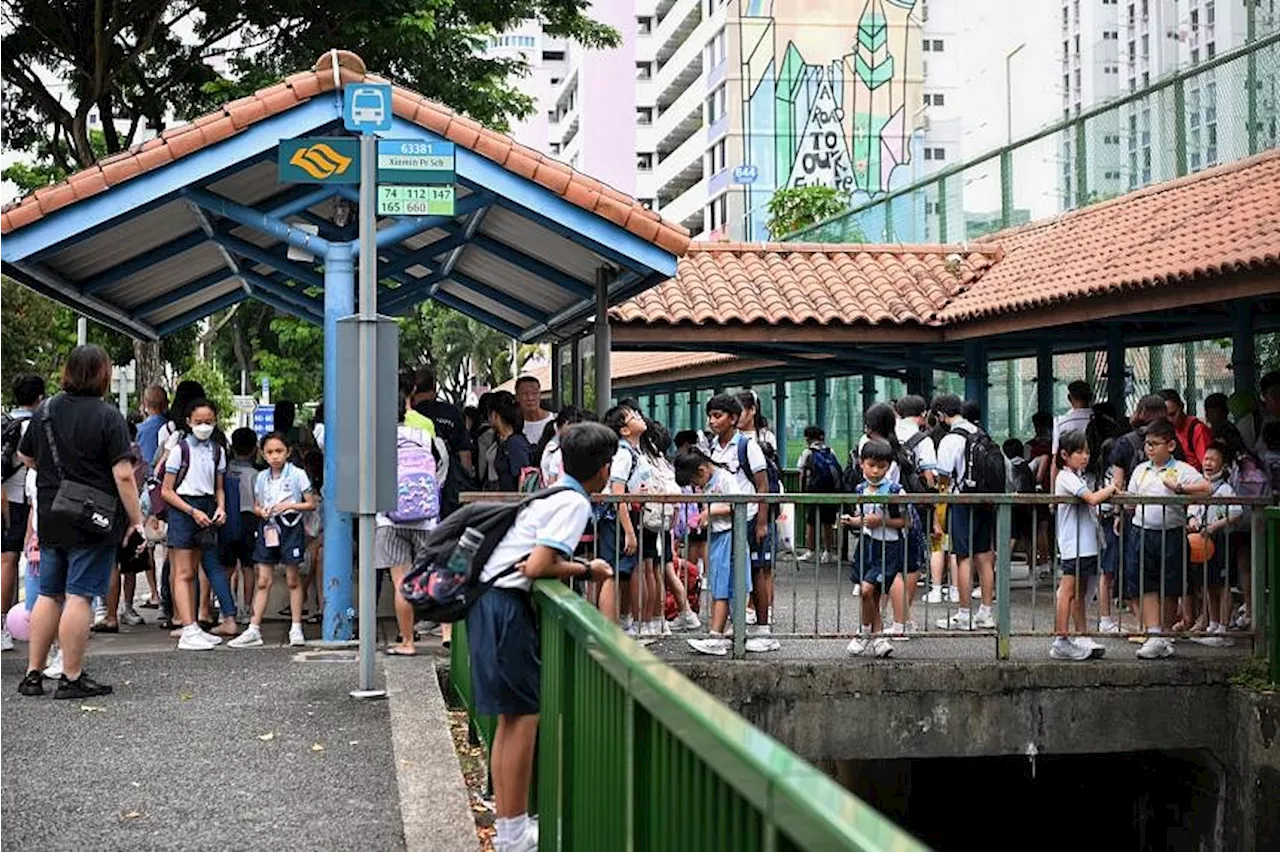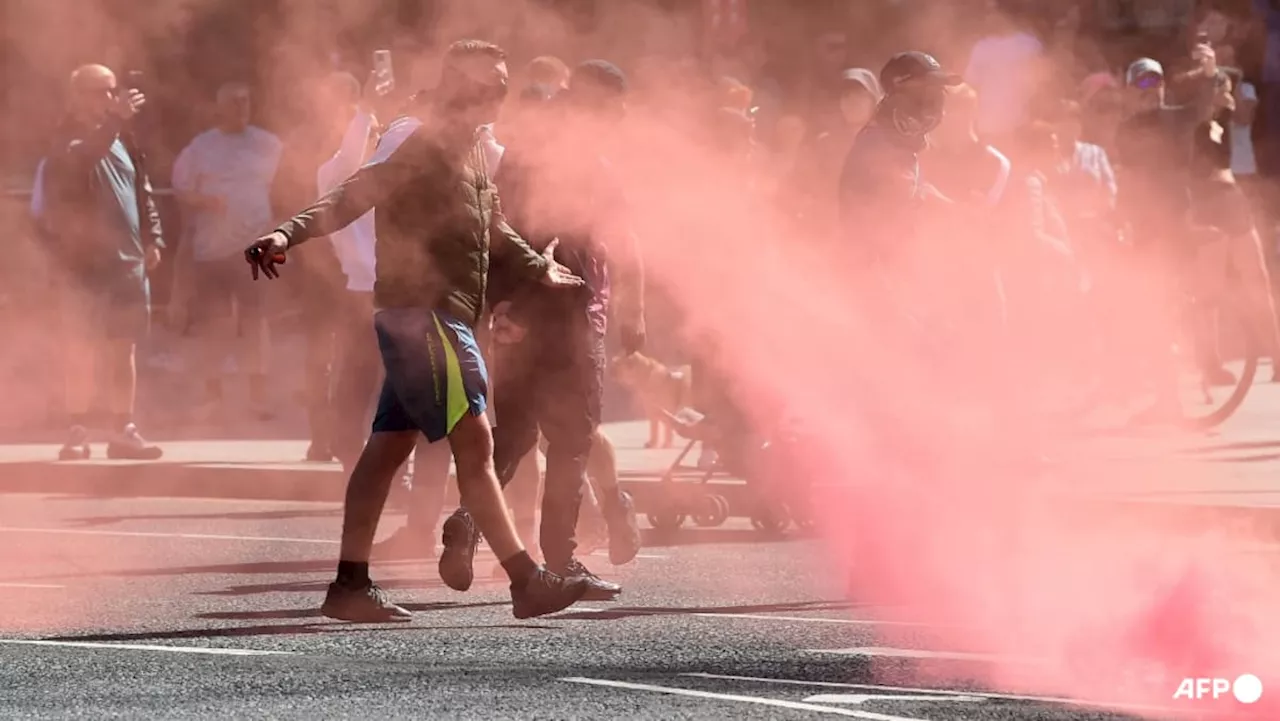Programmes can help the lower-income by relieving the “bandwidth tax”, as AWWA’s experience with unconditional cash assistance shows, says Cindy Ng of Children’s Aid Society.
People in poverty experience chronic stress about immediate concerns, and don't have the mental space for discussions about savings and future plans. , so that they are sure to spend it on essentials? Or how about making financial assistance time-limited, with a review every three months, as a check to ensure taxpayers’ money is well spent?
Mdm Zee* always experiences a sense of relief when her husband’s salary is credited at the beginning of the month. This quickly turns to despair: After paying off the household bills she has only about S$800 left for her family of three. Crucially, those in the intervention group had better job outcomes, such as landing more secure employment contracts or jobs that would provide more stability and longevity. They were not compelled to take just any job.Still, social service professionals all want to ensure that financial resources - whether from taxpayers or donors - are used to achieve the intended outcome of alleviating economic insecurity. This is entirely appropriate and reflects good governance.
It's no surprise that people in poverty often withdraw from well-intentioned programmes or refuse assistance from professionals. A person in poverty is likely to feel the impact of financial mistakes more strongly and be judged for their actions. Even a minor financial misstep can lead to significant consequences.
Singapore Latest News, Singapore Headlines
Similar News:You can also read news stories similar to this one that we have collected from other news sources.
 Rehabilitation programmes for women offenders see two-year recidivism rate drop for 5 straight yearsThe two-year recidivism rate dropped from 20.7% for the 2017 release cohort to 15.3% for the 2021 release cohort.
Rehabilitation programmes for women offenders see two-year recidivism rate drop for 5 straight yearsThe two-year recidivism rate dropped from 20.7% for the 2017 release cohort to 15.3% for the 2021 release cohort.
Read more »
 Rehabilitation programmes for women offenders help drive down two-year recidivism rateThe two-year recidivism rate dropped from 20.7% for the 2017 release cohort to 15.3% for the 2021 release cohort.
Rehabilitation programmes for women offenders help drive down two-year recidivism rateThe two-year recidivism rate dropped from 20.7% for the 2017 release cohort to 15.3% for the 2021 release cohort.
Read more »
 GEP revamp: One in 10 primary school students to be selected for high-ability programmesOne in 10 primary school students will get access to programmes for higher-ability learners from 2027, up from roughly one in 14 now.
GEP revamp: One in 10 primary school students to be selected for high-ability programmesOne in 10 primary school students will get access to programmes for higher-ability learners from 2027, up from roughly one in 14 now.
Read more »
 GEP revamp: More pupils to get access to high-ability programmes, starting with 2024 P1 cohortPrimary schools will take in more pupils for high-ability programmes in new approach.
GEP revamp: More pupils to get access to high-ability programmes, starting with 2024 P1 cohortPrimary schools will take in more pupils for high-ability programmes in new approach.
Read more »
 Commentary: Why UK riots over Southport child stabbings matter to SingaporeThe recent violent unrest in the United Kingdom is a stern reminder for Singapore not to take peace and stability for granted, says Black Dot Research’s Nicholas Fang.
Commentary: Why UK riots over Southport child stabbings matter to SingaporeThe recent violent unrest in the United Kingdom is a stern reminder for Singapore not to take peace and stability for granted, says Black Dot Research’s Nicholas Fang.
Read more »
 Commentary: Asia now getting ready for Kamala Harris, not just Donald TrumpBusinesses and governments in Asia are starting to prep for a possible Harris administration, says US politics expert Steven R Okun.
Commentary: Asia now getting ready for Kamala Harris, not just Donald TrumpBusinesses and governments in Asia are starting to prep for a possible Harris administration, says US politics expert Steven R Okun.
Read more »
